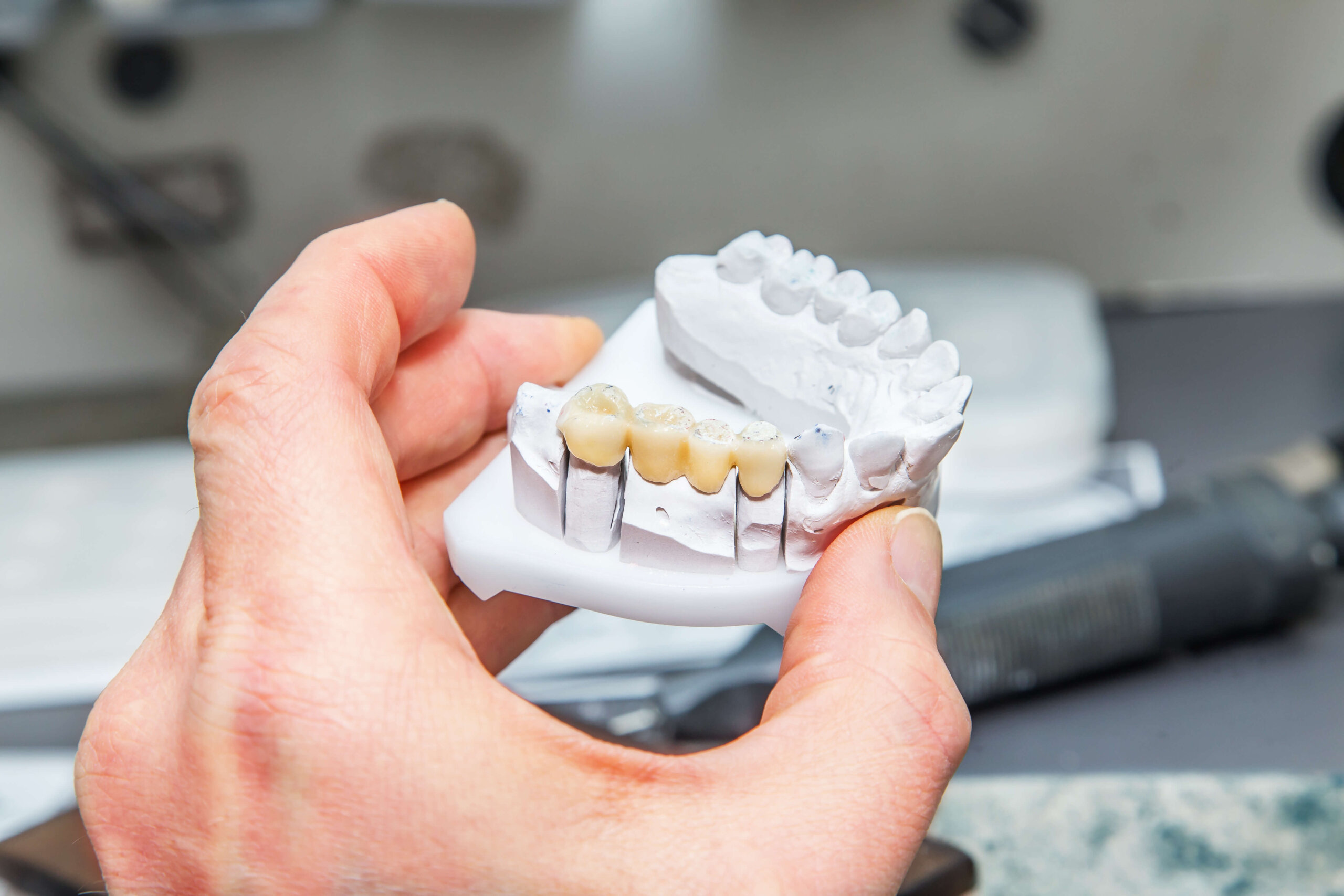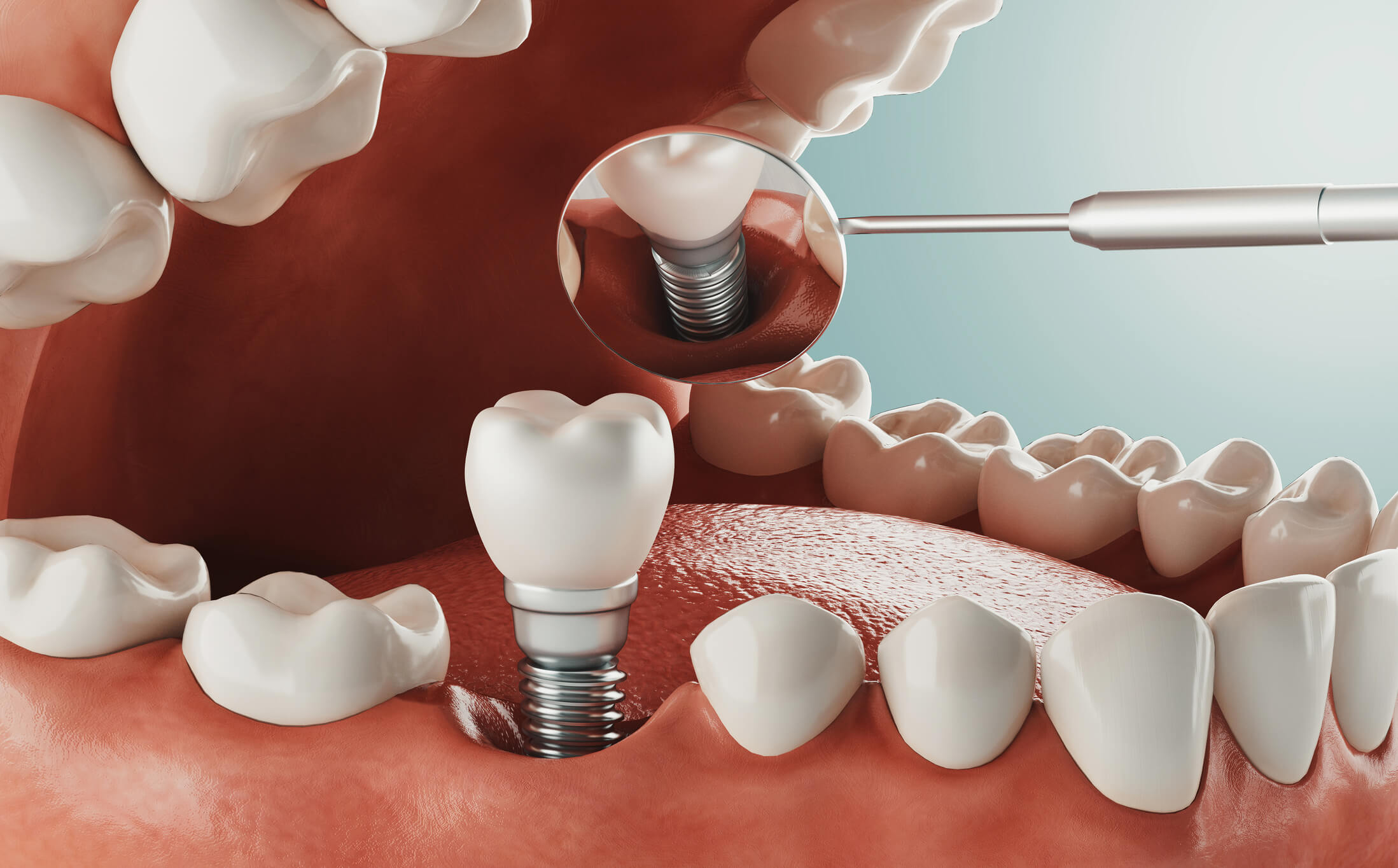
Dental Implants and Bridges at Aquila Dental
Choosing the Right Dental Restoration: Dental Implants and Bridges at Aquila Dental
In the heart of Chandler, AZ, just a stone’s throw from the bustling city of Phoenix, Aquila Dental stands as a beacon of innovative dental care. Led by the esteemed Dr. Rich Higgs, this practice is dedicated to offering tailored dental restoration solutions to its patients. Among the options available, dental implants and bridges are two of the most sought-after, each with its distinct advantages and considerations. This blog dives deep into the world of dental implants and bridges, guiding you through their benefits, processes, and how sometimes, a blend of both may be the optimal path to restoring your smile.
Understanding Dental Implants: The Premier Choice
The Essence of Dental Implants
Dental implants are synonymous with permanence in tooth replacement. These small, titanium posts are surgically inserted into the jawbone, where they serve as a sturdy foundation for artificial teeth. The magic of dental implants lies in their ability to fuse with bone—a process known as osseointegration—making them an integral part of the mouth.
Benefits of Choosing Dental Implants
- Longevity: With proper care, dental implants can last a lifetime, far surpassing other restoration methods in durability.
- Bone Health: Implants stimulate bone growth, preventing the jawbone deterioration that often follows tooth loss.
- Natural Feel and Function: They replicate the look, feel, and function of natural teeth, enhancing both oral health and aesthetics.
- No Damage to Adjacent Teeth: Unlike bridges, implants do not require altering neighboring healthy teeth.
The Process of Getting Dental Implants
The journey to getting dental implants involves several steps, starting with a comprehensive evaluation by Dr. Higgs to ensure suitability. The implantation procedure is followed by a healing period, during which the implant fuses with the jawbone. Finally, a custom-made crown is attached, completing the restoration.
What are some requirements for Dental Implants?
Receiving dental implants is a comprehensive process that involves a series of evaluations and considerations to ensure the best outcomes. Here are some of the key requirements and factors that patients must meet or consider before undergoing dental implant surgery:
- Healthy Gums: Healthy gum tissues are crucial for the success of dental implants. Gum disease or periodontitis can undermine the stability of implants by affecting the tissues and bones that support them. Patients with gum disease must receive treatment to restore gum health before proceeding with implant placement.
- Adequate Bone Density: Dental implants require sufficient bone in the jaw to anchor securely. Bone loss, which can occur following tooth loss, may necessitate a bone grafting procedure to build up the area before an implant can be placed successfully.
- Good Oral Hygiene Practices: Patients must commit to excellent oral hygiene before and after the implant procedure. Proper care, including regular brushing, flossing, and dental check-ups, is essential to the longevity of dental implants.
- Overall Health: Good general health is important for anyone considering dental implants. Certain chronic conditions, such as diabetes or heart disease, and habits like smoking can affect healing and the success of the implant. Patients should disclose their full medical history during the consultation to assess any potential risks.
- Non-Smokers: Smoking can significantly decrease the success rate of dental implants by impairing healing and increasing the risk of infection and implant failure. It’s strongly advised to quit smoking before undergoing the implant procedure.
- Patience for the Process: The process of getting dental implants can be lengthy, often taking several months from start to finish due to the required healing time between procedures. Patients need to be prepared for this timeline and have realistic expectations about the process and recovery.
- Age Considerations: While there’s no upper age limit for dental implants, growth must be complete; therefore, they are not recommended for younger patients whose jawbones are still growing.
- No Uncontrolled Health Conditions: Conditions such as uncontrolled diabetes or autoimmune diseases can interfere with the healing process. Patients with these conditions must have them well-managed before proceeding with implants.
- Willingness to Undergo Surgery: Patients must be willing and able to undergo surgery under local anesthesia or sedation. Understanding the surgical aspects and recovery expectations is crucial.
- A Comprehensive Dental Evaluation: This includes dental X-rays and 3D images, and sometimes, a model of the patient’s mouth. This evaluation is critical for planning the implant procedure, assessing the health of the jawbone, and determining the optimal placement for the implants.
Exploring Dental Bridges: A Practical Alternative to Dental Implants
The Role of Dental Bridges
Dental bridges are designed to “bridge” the gap created by one or more missing teeth. A typical bridge consists of pontics (artificial teeth) held in place by dental crowns on adjacent teeth. Bridges are an effective, less invasive option for those not suitable for implants or seeking a more immediate solution.
Advantages of Dental Bridges
- Cost-Effectiveness: Generally less expensive than implants, making them accessible to a wider range of patients.
- Quicker Process: Bridges can be completed in two to three visits over a few weeks, offering a faster path to restored dental function.
- Non-Surgical: For patients who are unable or unwilling to undergo surgery, bridges provide a viable alternative.
Considerations for Dental Bridges
While bridges offer significant benefits, they also have limitations, including the need for replacement every 5 to 15 years and the requirement to modify adjacent teeth to support the bridge.
What are some of the requirements for Dental Bridges?
Dental bridges are a popular option for replacing missing teeth, and while they may not require the same surgical procedure as dental implants, certain criteria must be met to ensure their success and longevity. Here are some key requirements and considerations for patients considering dental bridges:
- Healthy Gums: Similar to dental implants, healthy gums are crucial for the success of dental bridges. Gum disease can affect the support structures of the teeth adjacent to the gap, which are essential for anchoring the bridge. Treatment for any gum disease is necessary before proceeding with a bridge.
- Strong Adjacent Teeth: Dental bridges rely on the teeth adjacent to the missing tooth (or teeth) to serve as anchors (abutments) for the bridge. These supporting teeth must be strong and healthy enough to be prepared (shaped) and fitted with crowns that will hold the bridge in place.
- Good Oral Hygiene Practices: Maintaining excellent oral hygiene is essential for the longevity of the dental bridge. Proper care, including brushing, flossing, and using specialized cleaning tools to clean under and around the bridge, is necessary to prevent tooth decay and gum disease.
- Regular Dental Check-ups: Routine dental visits for check-ups and professional cleanings are vital to monitor the health of the bridge and the surrounding teeth and gums.
- Adequate Bone Support: While not as critical as with dental implants, sufficient bone structure is still necessary to support the health of the adjacent teeth and maintain the facial structure around the bridge.
- Commitment to Avoiding Certain Habits: Patients should avoid habits that could damage the bridge, such as chewing ice, biting fingernails, or using teeth as tools to open things.
- No Uncontrolled Chronic Conditions: As with implants, conditions that significantly impair healing or contribute to oral health issues (e.g., uncontrolled diabetes) need to be well-managed before proceeding with a dental bridge.
- Proper Bite and Jaw Alignment: The alignment of your bite and jaw can affect the placement and success of a dental bridge. Issues with alignment may need to be addressed before or during the bridge placement to ensure a proper fit and function.
- Patient’s Overall Health and Medication Use: Overall health impacts oral health and the success of dental restorations. Certain medications can affect oral health, such as causing dry mouth, which increases the risk of tooth decay. These factors should be discussed with the dentist.
- A Comprehensive Dental Evaluation: This may include X-rays or 3D imaging to assess the health of the teeth and gums surrounding the gap and to plan the bridge placement effectively.
Patients considering dental bridges at Aquila Dental in Chandler, AZ, will receive a thorough evaluation by Dr. Rich Higgs and his team to ensure they meet these criteria. This personalized approach ensures that each patient receives the most appropriate and effective treatment option for their dental health needs, whether it’s a dental bridge, implants, or a combination of treatments.
Combining Dental Implants and Bridges: A Customized Approach
A Tailored Dental Solution
At Aquila Dental, we recognize that every patient’s needs are unique. Combining dental implants with bridges allows us to leverage the strengths of both options. This hybrid approach can be particularly beneficial for patients needing multiple teeth replaced, providing a balance between cost, functionality, and aesthetics.
How the Combination of Dental Implants and Bridges Works
In some cases, an implant can serve as the anchor for a bridge, eliminating the need for multiple individual implants. This strategy reduces overall treatment time and cost while still offering a durable and aesthetically pleasing result. Aquila Dental offers many solutions when it comes to Dental Restoration and our Dental Office also provides easy financing options such as Cherry and Care Credit .
Navigating Your Options with Aquila Dental
Personalized Consultation and Care
Choosing the right dental restoration requires careful consideration of various factors, including dental and overall health, budget, and personal preferences. At Aquila Dental, Dr. Rich Higgs and his team are committed to providing personalized consultations to help patients navigate their options.
State-of-the-Art Dental Care in Chandler, AZ
Leveraging the latest in dental technology and techniques, Aquila Dental ensures that every patient receives the highest quality care. Whether opting for implants, bridges, or a combination of both, patients can trust in Dr. Higgs’ expertise and dedication to achieving the best possible outcomes.
Conclusion
Dental implants and bridges each offer valuable solutions for restoring missing teeth, with their own set of advantages. At Aquila Dental, the goal is to provide personalized, comprehensive dental care that aligns with each patient’s unique needs and circumstances. By offering a range of options and combining treatments when beneficial, Dr. Rich Higgs and his team ensure that every patient can achieve a healthy, beautiful smile.
Interested in learning what is right for you? Schedule your virtual smile consultation with Dr. Higgs or complete the form below to request an in person consultation at Aquila Dental in Chandler, AZ.
Appointment Request
"*" indicates required fields



